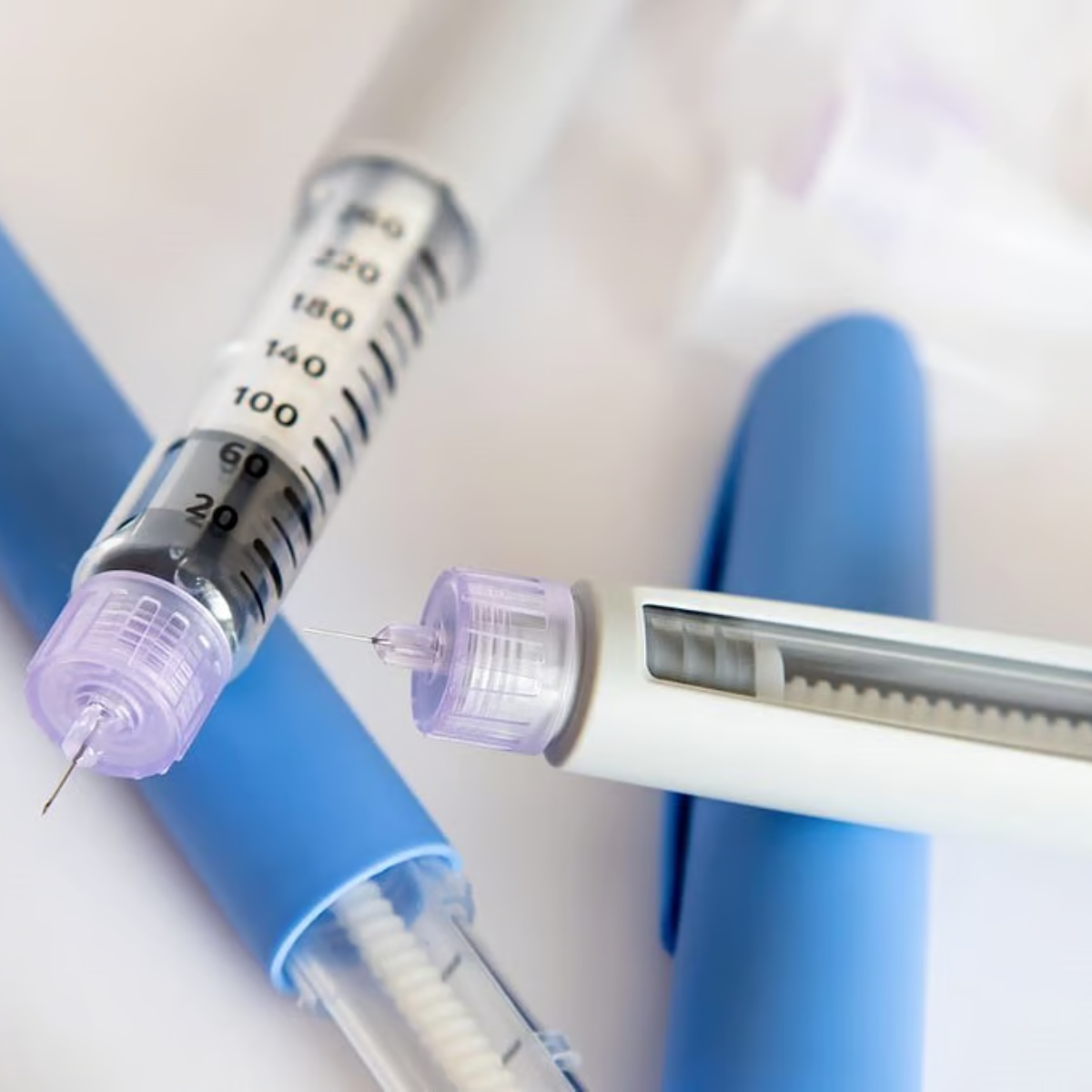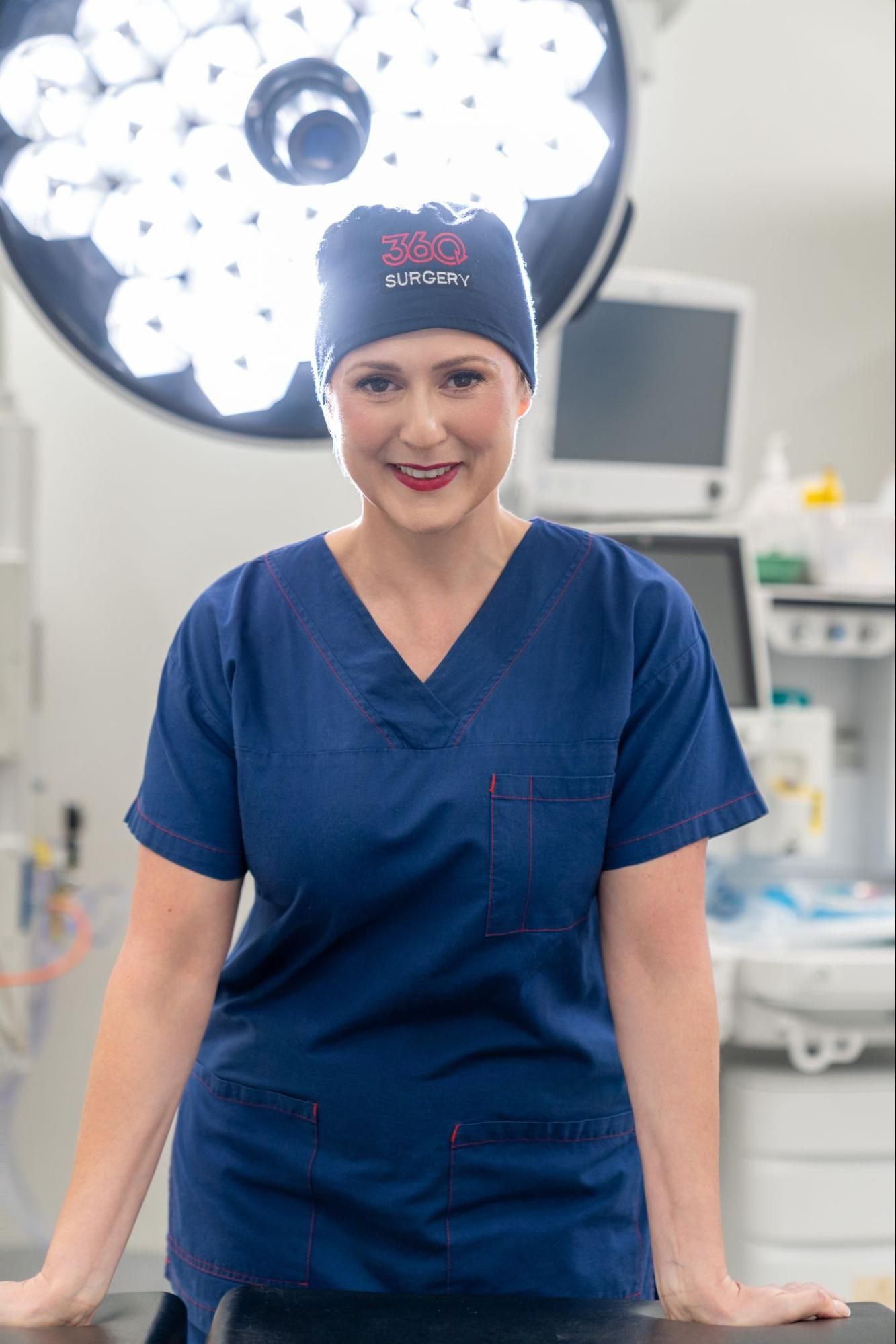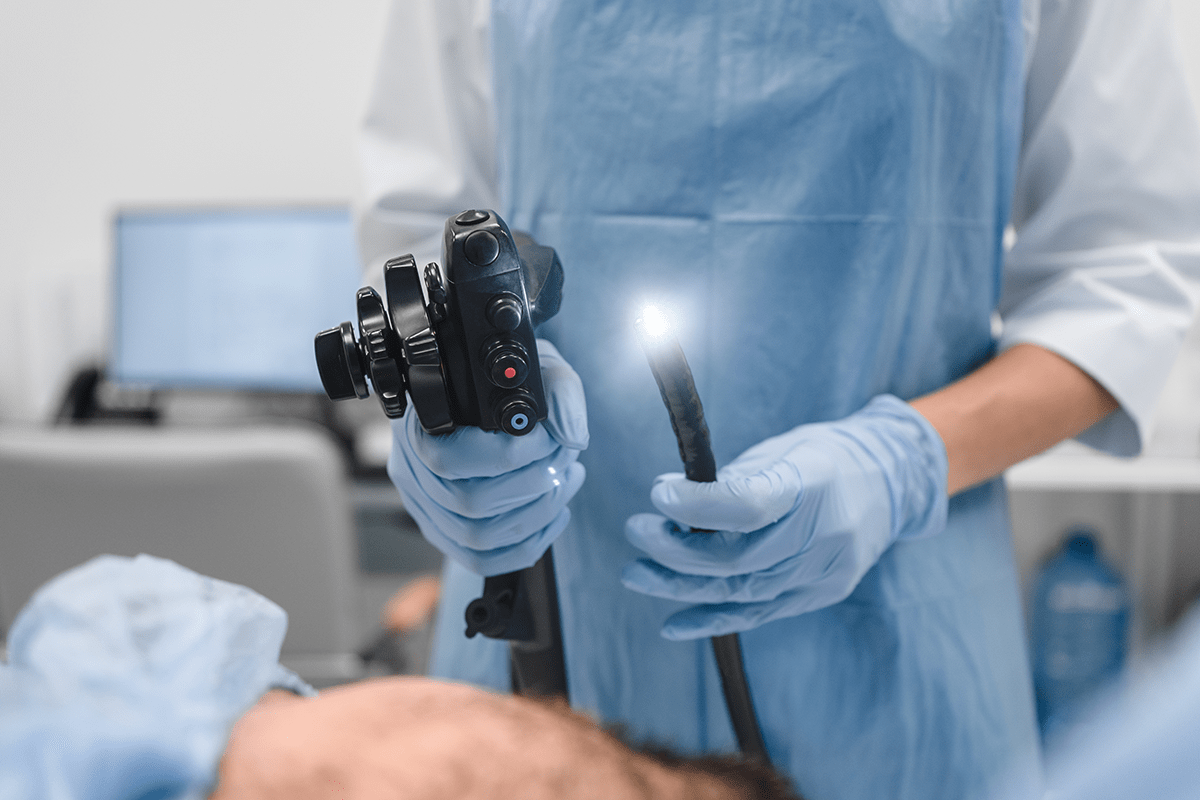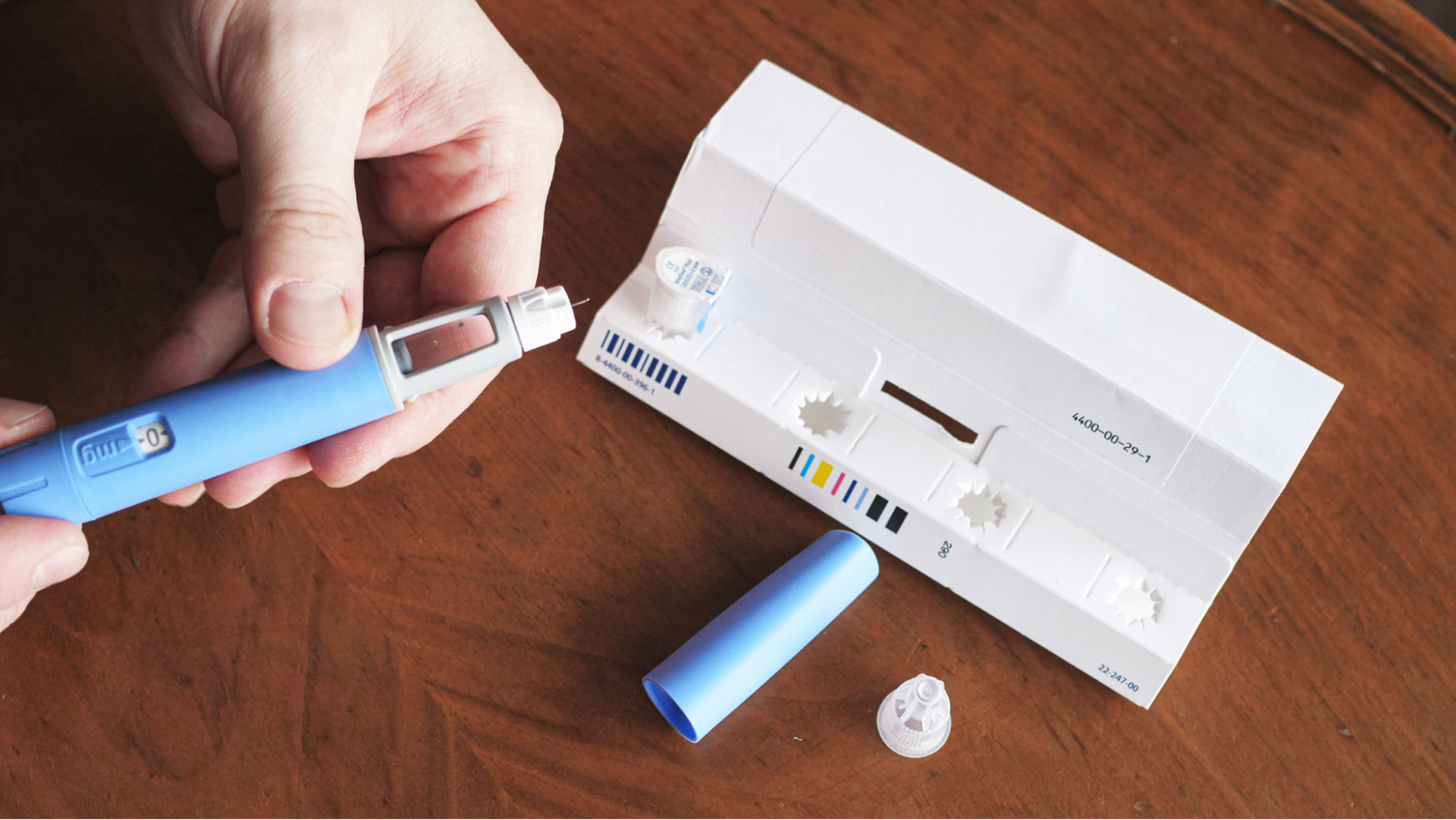The New Approach to Obesity Management
Obesity is the most prevalent chronic disease in our society. Yet, many physicians are not trained in how to manage it. The American Board of Obesity Medicine certifies physicians looking to bridge this gap.
Multiple studies have shown that obesity counselling rates have remained low among physicians over time. While multiple factors may contribute to this healthcare disparity, a key limitation identified is physicians’ insufficient training and low self-efficacy in weight management knowledge and counselling skills. There is a broad gap between guideline-recommended obesity care and physician clinical practice habits.
To address this need, the American Board of Obesity Medicine (ABOM) was established in 2011 to serve the public and the field of Obesity Medicine by maintaining standards for assessment and credentialing physicians. ABOM adheres to the highest standards from the Institute for Credentialing Excellence to ensure rigour of our certification and processes. ABOM certification signifies specialised knowledge in the practice of Obesity Medicine and distinguishes a physician as having achieved competency in obesity care. Physicians who complete the ABOM certification process are designated Diplomates of the American Board of Obesity Medicine (DABOM).
Dr. Melissa Beitner is a Diplomate of the American Board of Obesity Medicine as well as being a Fellow of the American Society of Metabolic and Bariatric Surgery. A comprehensive understanding of obesity care and a commitment to excellence is what sets 360 SURGERY apart.
Dr. Sasha Beitner is a clinical expert in Obesity Medicine. She uses a comprehensive, scientific, and individualised approach when treating obesity, which helps patients achieve their health and weight goals. As an Obesity Medicine specialist, she is skilled in identifying factors which have contributed to obesity and knows how to employ methods (nutrition therapy, physical activity,
behaviour modification,
pharmacotherapy or
surgery) to treat obesity. Dr. Sasha Beitner also cares for patients with obesity-associated medical problems and chronic medical conditions. Our “surgical-medical” physician team at 360 SURGERY provides exceptional care to patients seeking long term and durable surgical treatment for their obesity and associated medical problems. Since obesity is viewed as a chronic relapsing disease, patients benefit from her integration of treatment approaches and expertise.
Dr. Beitner focuses on providing holistic and patient-centred care to her patients and believes every person with obesity should have access to evidence-based treatment.


















